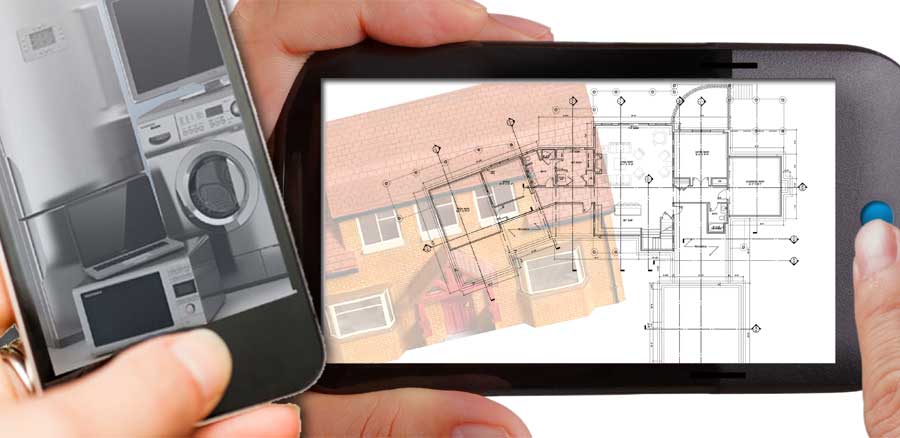The Selfie has evolved from an act of vanity to a useful tool. Do you know what your home’s energy picture looks like? There’s an app for that. Read on. ~Bill
By John Voket
Even I am guilty of taking an occasional selfie to ‘check myself’ and see if everything looks good. So the notification about a brand new app that takes a virtual selfie of your home to evaluate your daily energy use immediately drew our attention.
Homeselfe claims to be “the most comprehensive and innovative free DIY home energy evaluation app in the marketplace.” According to its developers, Homeselfe gives energy conscious homeowners practical ways to reduce their consumption through a quick home evaluation.
The free tool provides homeowners with a clear picture of their energy use, a path to a more energy-efficient home, money-saving tips, energy rebate information and access to qualified local contractors.
The site also offers up a great blog by Marcela De Vivo, with one recent focus on using your home’s electricity efficiency as a selling point.
De Vivo says according an extensive University of California, Berkeley and Los Angeles study covering 1.6 million home sales in California between 2007 and early 2012 – those homes with some kind of green certification sell for approximately 9 percent more than comparable homes that are not energy-efficient (or labeled as such).
The study noted that on a $400,000 per home average, these “green” properties were able to increase their sales value by $34,800.
De Vivo says another important number to consider comes from the Residential Energy Services Network (RESNET), which states that the market value of a home increases by $20 for every $1 decrease in annual energy costs.
De Vivo says in order to take advantage of this added value, however, the home you are selling should come with one of the following three green label or certifications:
- “LEED” (Leadership in Energy & Environmental Design)
- “GreenPoint Rated”
- “Energy Star” which is probably the most famous U.S. wide certification provided by the Environmental Protection Agency and the Department of Energy.
While the added property value is an important factor, some buyers might be more interested in learning about the amount of money they will be saving in the long run due to lower electric bills, De Vivo says.
Reprinted with permission from RISMedia. ©2015. All rights reserved.
Tips and Advice for Home Sellers
Not Your Daddy’s Home Selling Tips
Home Buyer Tips and Advice
Available Discount Programs


